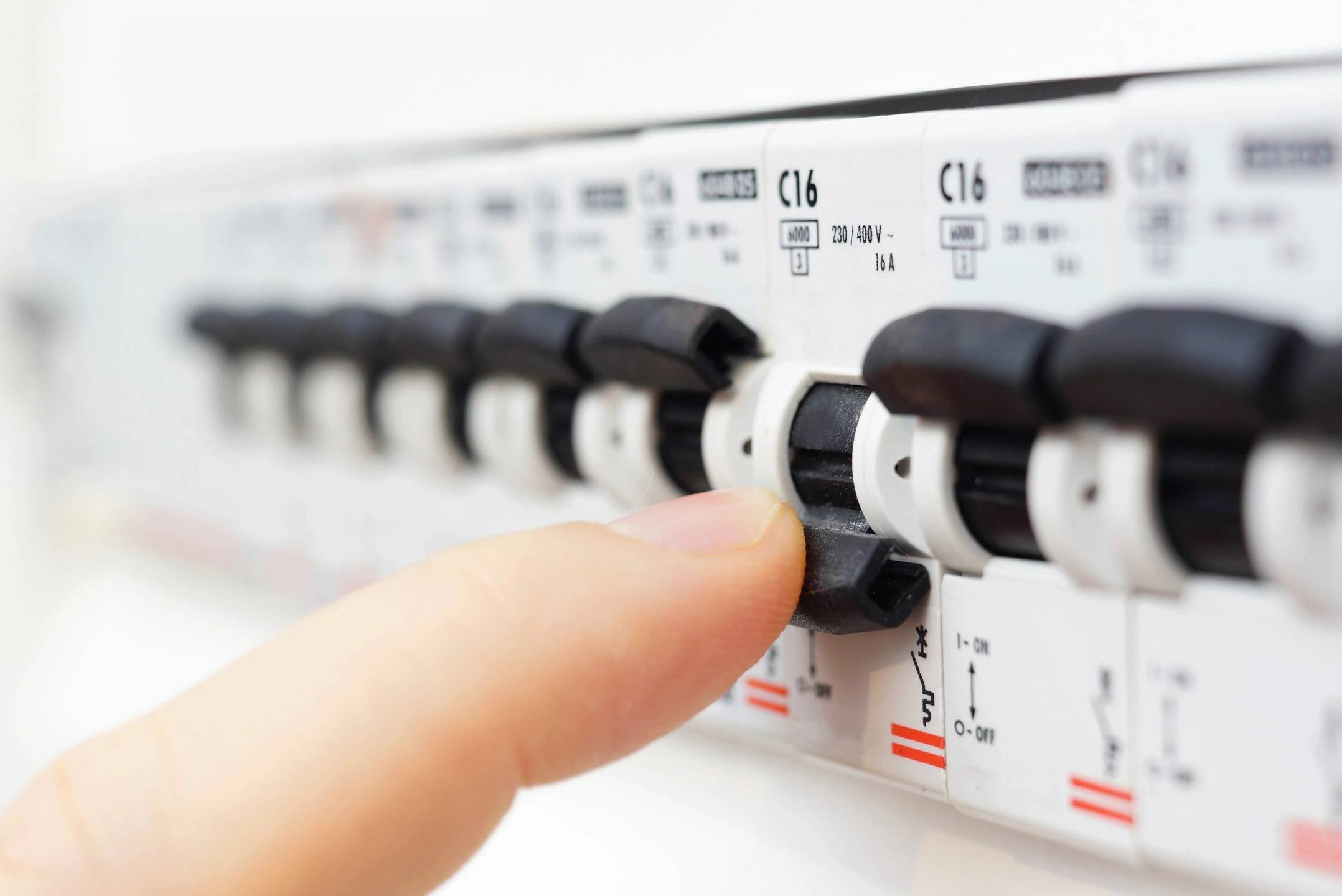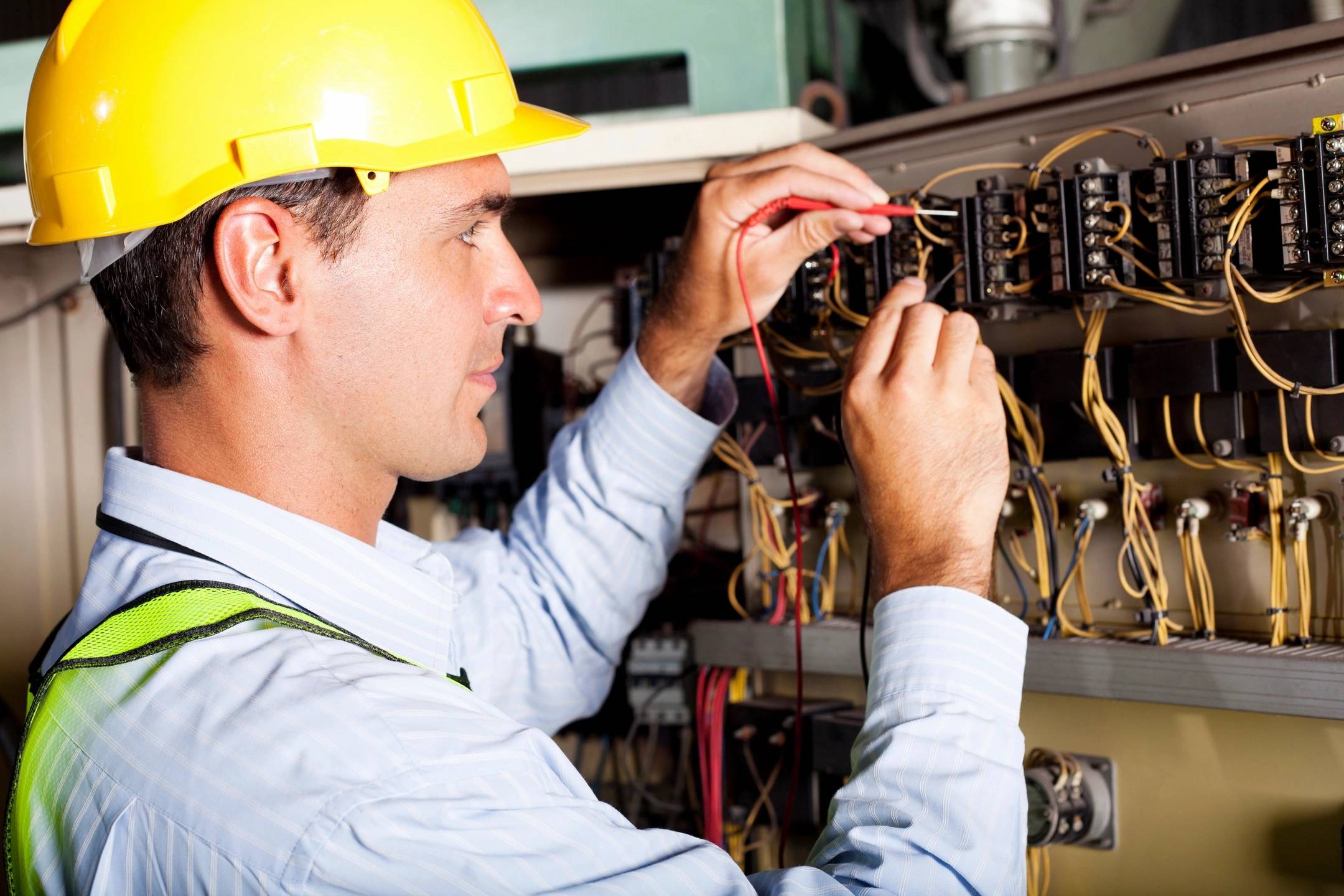Welcome to Pat Testing Highlands
Providing professional electrical testing services

PORTABLE APPLIANCE TESTING
is a series of inspections and electrical tests carried out on portable equipment to ensure that is able to be used safely. It is important to note that Portable Appliance Testing also encompasses the recording and upkeep of records.
WHAT REQUIRES PAT TESTING?
There is a common misconception that it is just equipment that can be plugged in, but it is a little more complex than that. The IET Code of Practice breaks it down into several categories:
• Portable equipment/appliances – Easy to move whilst in operation e.g. Toaster, Kettle, Hair clippers
• Hand-held equipment/appliances – These are portable and by design require the use of direct hand contact e.g. Hair clippers, Drill, 4” angle grinder
• Movable equipment/appliances – this equipment that is similar to the previous two categories but larger/heavier e.g. fridges, mobile air conditioning units
• Stationary equipment/appliances – these are pieces of equipment that are designed not to be moved and generally weigh in excess of 18kg e.g. washing machines, ovens
• Fixed equipment/appliances – as the name suggests these are items that are permanently fixed in place when installed e.g. pillar drill
• Built in equipment/appliances – equipment that is ‘built in’ to a unit or similar e.g. an oven, some types of dishwasher
• IT equipment – e.g. PC’s, laptops, printers, photocopiers
• Extension leads – this includes the reel type and multi socketed types

Experienced and Reliable Staff in the Highlands
With a strong focus on safety and efficiency

Quality Electrical Testing Services
We specialize in Pat Testing and ensure your electrical equipment is safe and compliant
Portable appliance testing (PAT) is key to safety
HOW DO I KNOW IF MY ELECTRICAL EQUIPMENT IS SAFE?
You can find out if your electrical equipment is safe by carrying out suitable checks, such as inspection and / or testing. The level of inspection and / or testing should depend upon the risks. The best way to find out if specialised equipment is safe is to have it inspected and tested by a person with specific competence on that type of equipment.
HOW DO I KNOW IF MY ELECTRICAL INSTALLATION IS SAFE?
The best way to find out if your electrical installation is safe is to have it inspected and tested by a person who has the competence to do so.It is possible to do simple checks on your installation, using an electrical socket tester. This is a device that can be plugged into a socket outlet to identify if there is a wiring fault. However, be aware that many types of socket tester can’t detect certain types of fault, and could indicate the socket is safe when it actually isn’t. For further information CONTACT US 07539 413097
WHAT VOLTAGES ARE DANGEROUS?
A wide range of voltages can be dangerous for different reasons. A very low voltage (such as that produced by a single torch battery) can produce a spark powerful enough to ignite an explosive atmosphere. Batteries (such as those in motor vehicles) can also overheat or explode if they are shorted.
If a person comes into contact with a voltage above about 50 volts AC, they can receive a range of injuries, including those directly resulting from electrical shock (problems with breathing, heart function etc); and indirect effects resulting from loss of control (such as falling from height or coming into contact with moving machinery). The chance of being injured by an electric shock increases where it is damp or where there is a lot of metalwork.
WHAT SHOULD I DO IF I THINK I HAVE SEEN AN UNSAFE ELECTRICAL INSTALLATION OR EQUIPMENT?
If you think you have an unsafe electrical installation you should first warn everyone to stay away from it and – if safe to do so – switch it off. You should then contact a competent person. If the installation you think is unsafe is not owned by you or under your control, you should try to find out who owns it and then contact them. If you can’t find out who owns or controls an electrical installation that you think is unsafe, you should contact your local authority or HSE.
WHAT IS AN ELECTRIC SHOCK?
A voltage as low as 50 volts applied between two parts of the human body causes a current to flow that can block the electrical signals between the brain and the muscles. This may have a number of effects including:
- Stopping the heart beating properly
- Preventing the person from breathing
- Causing muscle spasms
The exact effect is dependent upon a large number of things including the size of the voltage, which parts of the body are involved, how damp the person is, and the length of time the current flows.
Electric shocks from static electricity such as those experienced when getting out of a car or walking across a man-made carpet can be at more than 10,000 volts, but the current flows for such a short time that there is no dangerous effect on a person. However, static electricity can cause a fire or explosion where there is an explosive atmosphere (such as in a paint spray booth).
WHAT IS AN ELECTRICAL BURNS?
When an electrical current passes through the human body it heats the tissue along the length of the current flow. This can result in deep burns that often require major surgery and are permanently disabling. Burns are more common with higher voltages but may occur from domestic electricity supplies if the current flows for more than a few fractions of a second.
CAN AN ELECTRIC INJURY CAUSE LOSS OF MUSCLE CONTROL?
YES, People who receive an electric shock often get painful muscle spasms that can be strong enough to break bones or dislocate joints. This loss of muscle control often means the person cannot ‘let go’ or escape the electric shock. The person may fall if they are working at height or be thrown into nearby machinery and structures.
CAN A THERMAL BURN BE CAUSED BY A FAULTY EQUIPMENT?
YES. Overloaded, faulty, incorrectly maintained, or shorted electrical equipment can get very hot, and some electrical equipment gets hot in normal operation. Even low voltage batteries (such as those in motor vehicles) can get hot and may explode if they are shorted out.
People can receive thermal burns if they get too near hot surfaces or if they are near an electrical explosion. Other injuries may result if the person pulls quickly away from hot surfaces whilst working at height or if they then accidentally touch nearby machinery.
A single low voltage torch battery can generate a spark powerful enough to cause a fire or explosion in an explosive atmosphere such as in a paint spray booth, near fuel tanks, in sumps, or many places where aerosols, vapours, mists, gases, or dusts exist.
